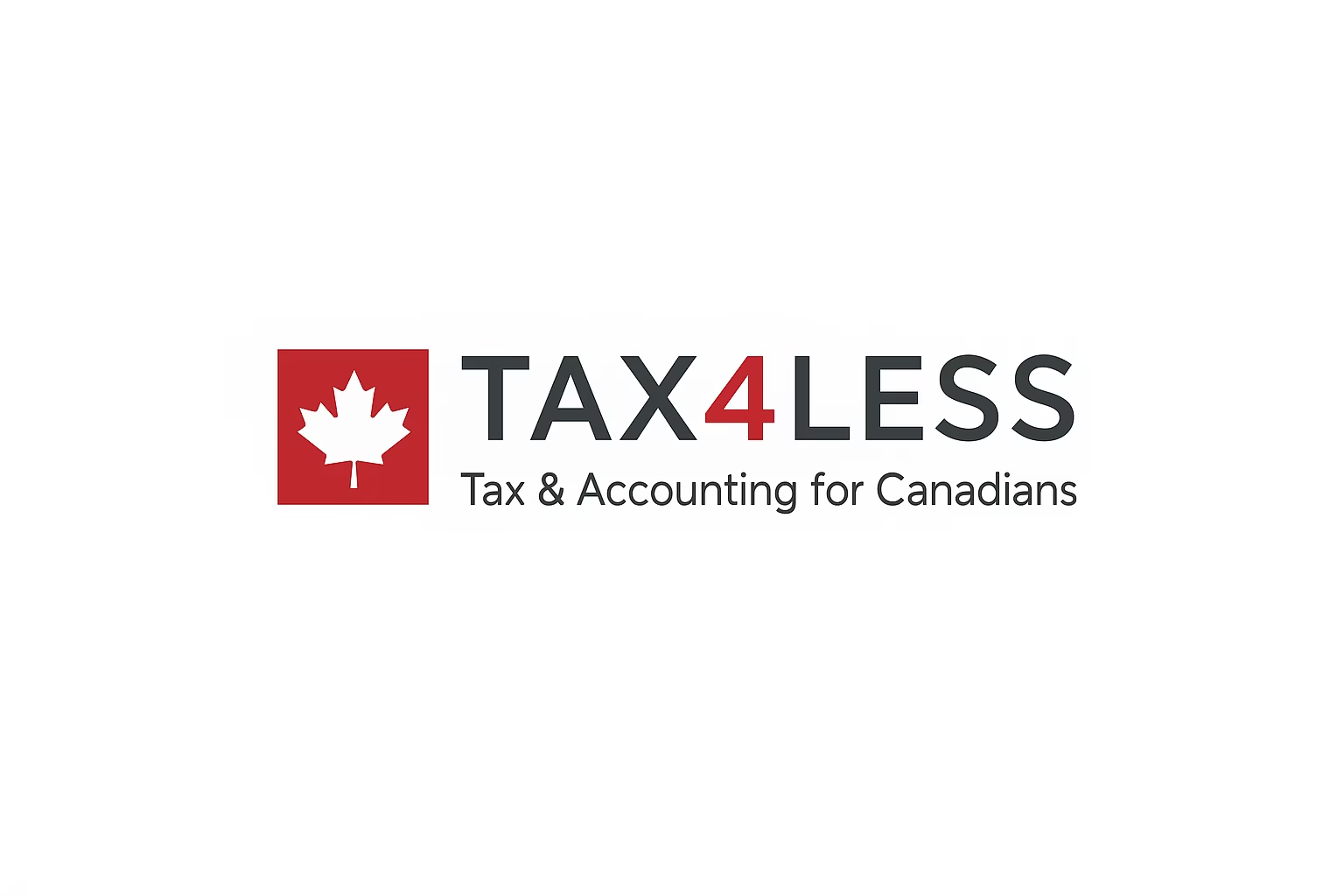Incorporation: How to Keep Your Corporation in Good Standing in Canada
Incorporating a business in Canada is a significant achievement, but maintaining your corporation in good standing is equally essential for long-term success. A corporation in “good standing” means it adheres to all necessary legal requirements, such as filing annual reports, paying fees, and updating corporate records. Here’s a detailed guide on how to keep your corporation compliant in Canada and ensure that your business remains in good standing.
1. Understand the Basics of Good Standing
Maintaining your corporation in good standing in Canada means meeting several regulatory requirements:
- Filing annual returns on time
- Keeping accurate corporate records
- Staying compliant with federal and provincial laws
- Updating any changes to your corporation’s structure or officers
Each province has specific regulations for corporations, so understanding these requirements is essential to staying compliant.
2. File Annual Returns
Corporations in Canada must file an annual return to the relevant governing authority, such as Corporations Canada or a provincial registry. This report is not the same as a tax return; it updates the government on the corporation’s current standing, directors, and registered office address.
- Due Date: Annual returns are generally due on the anniversary date of your incorporation. Missing this deadline could lead to penalties or, worse, the dissolution of your corporation.
- Filing Methods: Depending on the province, you can file online, by mail, or through third-party providers.
3. Update Corporate Records and Filings
Corporations are required to keep updated records, including:
- Articles of Incorporation
- Bylaws and amendments
- Shareholder and director information
If there are any changes in your corporation, such as a change in directors or address, you must file these updates with Corporations Canada or the relevant provincial authority promptly.
4. Pay Necessary Fees on Time
Federal and provincial regulations in Canada require corporations to pay annual fees. Missing these payments can disrupt your corporation’s good standing status. This includes filing fees for annual returns and any associated fees for updating corporate information.
5. Hold Annual Meetings and Document Decisions
An important component of Canadian corporate compliance is the annual general meeting (AGM) for shareholders. During this meeting, the corporation should discuss essential topics like financial statements, auditor appointments, and director elections. Proper documentation, such as minutes of the meeting, should be recorded and stored for future reference.
- Quorum Requirements: Make sure you have the minimum number of attendees for an official meeting, as defined in your bylaws.
- Electronic Meetings: Many provinces permit electronic meetings if they are documented accurately.
6. Keep Accurate Financial Records and File Taxes
Corporations in Canada must file annual tax returns and keep their financial records up to date. Here’s what you need to consider:
- Tax Deadlines: Corporate tax returns are due six months after the fiscal year-end.
- Financial Records: Ensure that your corporation’s records are accurate, including sales, payroll, and expenses.
7. Renew Licenses and Permits
Depending on your industry, you may need specific business licenses or permits to operate in Canada. Regularly check the expiration dates of these documents and renew them as required. This can prevent issues with regulators and potential penalties.
8. Respond Promptly to Government Communications
Government agencies may send notifications regarding regulatory updates or compliance reminders. Responding to these communications promptly can help you avoid penalties or other issues.
9. Consult with Legal and Accounting Professionals
For many corporations, it’s beneficial to work with legal and accounting professionals who specialize in corporate compliance. They can provide guidance on tax obligations, regulatory changes, and the latest compliance strategies.
Conclusion
Keeping your corporation in good standing in Canada requires ongoing attention to regulatory requirements, accurate record-keeping, and timely filings. With consistent monitoring and proactive compliance, your corporation will remain in good standing, setting it up for growth and success.
This guide provides all the necessary steps to ensure your corporation remains compliant with Canadian regulations. Regularly updating corporate information, filing returns, and keeping accurate records will help you avoid costly penalties and ensure a smooth operation.

 Previous Post
Previous Post Next Post
Next Post